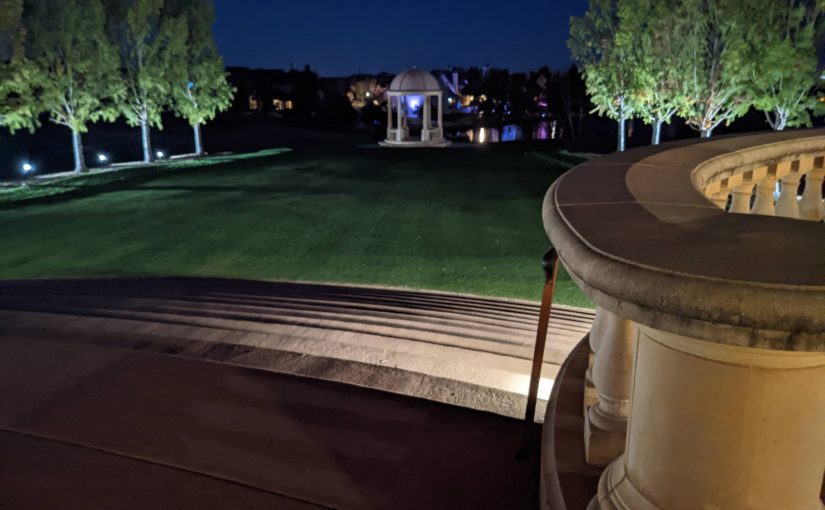The greatest enemy of knowledge is not ignorance, it is the illusion of knowledge.
Stephen Hawking
There’s a basic misunderstandings that causes people to be perceived as more capable than they actually are. A common mistake, when evaluating capability, is to associate experience with competence. To confuse knowledge with wisdom. In the former people have a lot of exposure to a given situation, in the latter the person has distilled that exposure in a way that allows them to gain deeper insight into future situations.
People understand this intuitively but unfortunately the vast majority of companies forget/ignore the difference when hiring people. Even when conscience of the difference, people will go about trying to identify competence by “digging deep” into their experience or by defining a minimal amount of experience. Both methods are flawed and provide no correlation to the likely success of a hire.1
Experience is necessary, but not sufficient for competence, to use a term from mathematical causality. To move from experience to competence you generally have to have done two things:
1. Have had multiple experiences to draw from that are specific, at least tangentially, to the situation you need to learn from, and
2. Be intentional about questioning the lessons from those experiences.
Unfortunately most people don’t question what they have done in a way that make subsequent experience testable against their assumption. Instead, they just assume the know the reasons for it. 2
For example, I drive around 50 miles a day in my commute. Over the course of my professional career, I have driven many many more miles than rookies starting off in the Indy 500. It lacks specificity because I don’t drive comparable car, in a comparable environment, with comparable traffic, and with a similar goal. I have lots of “experience” driving a car, but that experience lacks any validity for the wisdom need to drive in the Indy 500.
Intentionality is much much harder to evaluate. People will speak with conviction of opinions they’ve developed through their experience and will sound like they have wisdom. Assuming you have filtered someone for the specificity of their experience, what is the best way to evaluate the intentionality of those experiences. There is no perfect solution but here are a couple handy rules-of-thumb I’ve learned are over time.
A fool thinks himself to be wise, but a wise man knows himself to be a fool.
William Shakespeare
1. Don’t trust someone who gives you absolute answers. People with wisdom will almost always say things like “well it depends” and “in our situation” because they have enough understanding to know the limits of their own experience. All problems have a range of best solutions based on tons of criteria that are dependent on outside variables. Competent people know that almost no two situations are identical and will hedge their answers accordingly.
If you’re not failing, you’re not pushing your limits, and if you’re not pushing your limits, you’re not maximizing your potential.
Ray Dalio
2. Look for people who have not only had experience but have also failed in that experiences. Inversely, distrust anyone that doesn’t offer up those failures when discussing their experience. People who have not “failed” generally lack the wisdom of those who have but much much worse are those that hide or don’t acknowledge those failures because it means they don’t value failure as a method for learning. It means they have an immature concept of what failure is, and competence can never be found in immaturity.
Feedback is the breakfast of champions. Winners use it to upgrade their performance; losers use it as an excuse to fail.
Ken Blanchard
3. Evaluate how does a candidate, consultant, or colleague respond when you push back on the assumptions they developed from their experience. Do they look for more details or spend time thoughtfully considering how your experience might be different? Or to they stubbornly adhere to their convictions and see all situations as black or white? Look for people who have strong opinions, loosely held, because wisdom comes from constant feedback and continuous improvement. There is no improvement without being open to feedback.
A prudent question is one half of wisdom.
Francis Bacon
4. Great questions are the best indicator of competence. The biggest mistakes people have in their career are not usually due to having the wrong answers, but having the right answer to the wrong questions. Find people who ask thoughtful questions!3 Great questions are harder to fake, take more insight, and are a much better indicator of competence than great answers.
The four techniques above are not magic bullets but they can dramatically increase the likelihood of getting a competent hire instead of just an experienced hire. The techniques also help with existing talent. One of my favorite ways to evaluate long term potential is by looking at how quickly a given person can turn experience into wisdom. People who can do that quickly are the future rock stars of your company.
- This can be exceptionally difficult for organizations that are looking for capabilities outside of their existing strengths. They can filter and hire for people with experience but it is very very difficult to evaluate their overall wisdom if you don’t have someone internally who can accurately and unbiasedly evaluate their competence. ↩︎
- A great indicator of whither someone is moving from experience to competence is if you see them pushing the boundaries of those experiences to test the validity in edge case scenarios. They are isolating more and more of the variables that have an opportunity to effect the outcome… thus allowing them to make more accurate assumptions about future experiences. ↩︎
- Evaluating these questions can be a difficult ask for companies that don’t have someone capable of evaluating good questions. In such cases it is probably best to bring in an outside expert to help because it is easy for non-technical people to be snowballed by technical answers if they don’t have domain specific experience. ↩︎

